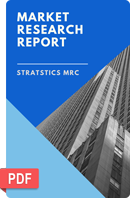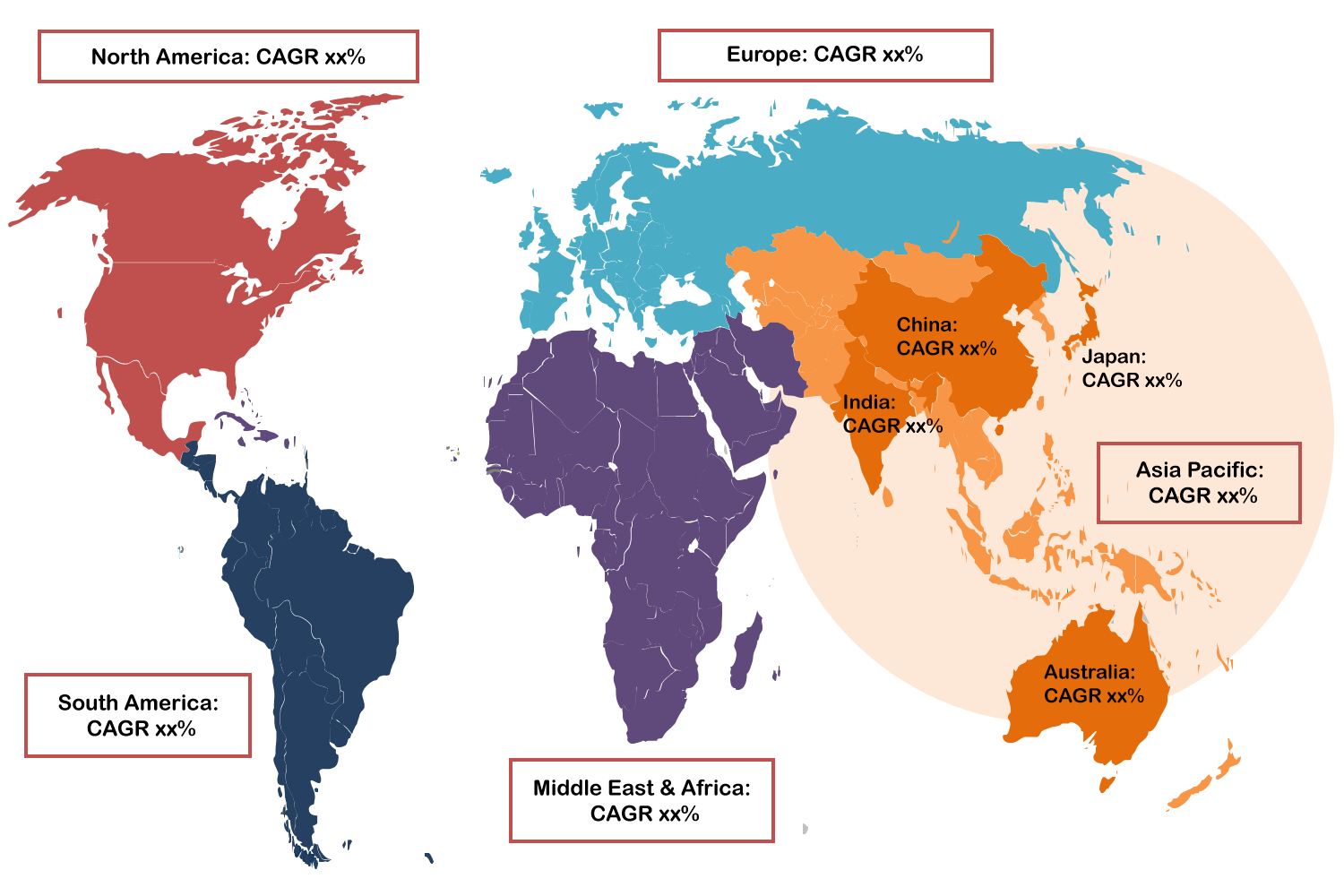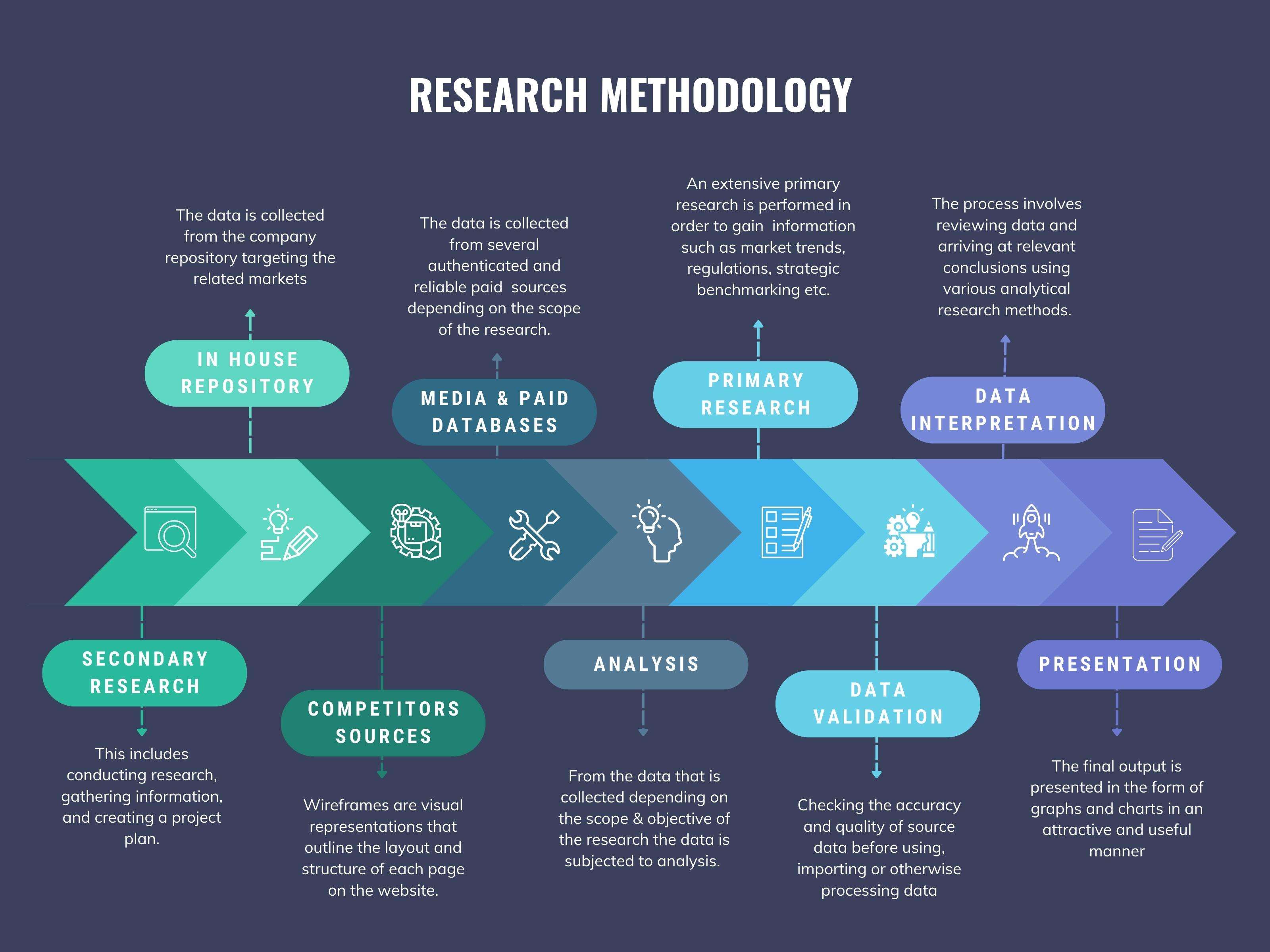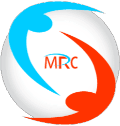
Floating Production System Fps Market
Floating Production System (FPS) Market Forecasts to 2030 - Global Analysis By Type (Floating Production Storage and Offloading (FPSO), Floating Liquefied Natural Gas (FLNG), Tension Leg Platform (TLP), Spar Platform, Semi-Submersible Platform and Other Types), Water Depth, Material, Technology, Application, End User and By Geography

|
Years Covered |
2022-2030 |
|
Estimated Year Value (2024) |
US $11.0 BN |
|
Projected Year Value (2030) |
US $21.4 BN |
|
CAGR (2024 - 2030) |
11.7% |
|
Regions Covered |
North America, Europe, Asia Pacific, South America, and Middle East & Africa |
|
Countries Covered |
US, Canada, Mexico, Germany, UK, Italy, France, Spain, Japan, China, India, Australia, New Zealand, South Korea, Rest of Asia Pacific, South America, Argentina, Brazil, Chile, Middle East & Africa, Saudi Arabia, UAE, Qatar, and South Africa |
|
Largest Market |
North America |
|
Highest Growing Market |
Asia Pacific |
According to Stratistics MRC, the Global Floating Production System (FPS) Market is accounted for $11.0 billion in 2024 and is expected to reach $21.4 billion by 2030 growing at a CAGR of 11.7% during the forecast period. A Floating Production System (FPS) is a type of offshore oil and gas production facility that is designed to float on the surface of the water, allowing for the extraction, processing, and storage of hydrocarbons in deepwater or remote locations. FPS units are typically anchored to the seabed and can be either stationary or capable of dynamic positioning. These systems are used to produce oil and gas from underwater reservoirs and are essential for operations in deep or harsh environments where fixed platforms are impractical.
According to the US Energy Information Administration (EIA), global oil and gas production from offshore and deepwater sites is projected to grow by approximately 2%.
_Market-fig2.png)
Market Dynamics:
Driver:
Rising demand for oil and gas
The rising global demand for oil and gas, fueled by population growth, industrial expansion, and energy consumption, is driving the market. As conventional onshore reserves deplete and offshore exploration shifts to deeper waters, FPS units are increasingly vital. Their ability to operate in harsh, deepwater environments, combined with flexibility and cost-effectiveness, makes them essential for tapping into remote and challenging oil fields. This surge in offshore exploration and production activities continues to propel the market.
Restraint:
Complex operations and maintenance
Complex operations and maintenance in the market can have significant negative effects on the market. The sophisticated nature of FPS units requires highly specialized personnel, advanced technology, which increases operational costs. Maintenance challenges, such as dealing with harsh weather conditions and remote locations, can lead to longer downtime and higher repair costs. These complexities also heighten the risk of equipment failure, which can disrupt production, delay projects, and negatively impact profitability in the market.
Opportunity:
Increasing water depths of exploration
Increasing water depths in offshore oil and gas exploration are driving the growth of the market. As reserves in shallow waters are depleted, exploration is moving to deeper and more challenging environments, where traditional fixed platforms are impractical. These units are well-suited for these deepwater fields, offering mobility, stability, and the ability to operate in extreme conditions. This trend toward deeper exploration is fueling demand for advanced technologies, enabling efficient resource extraction in deeper ocean waters.
Threat:
High initial investment costs
High initial investment costs in the market pose a significant barrier to market growth. The construction, installation, and commissioning of FPS units require substantial capital, which can deter smaller players and increase financial risks for companies. These large upfront costs are often compounded by long project timelines, making it difficult to achieve quick returns on investment. As a result, the high capital expenditure may limit the number of projects and reduce overall market expansion, particularly in volatile oil price environments.
Covid-19 Impact:
The COVID-19 pandemic had a significant impact on the market, disrupting both supply chains and offshore operations. Lockdowns, travel restrictions, and workforce shortages led to delays in project timelines, equipment deliveries, and maintenance schedules. Additionally, lower oil prices during the pandemic reduced investment in new exploration projects, leading to decreased demand for FPS units. However, as the industry recovers, the market is expected to rebound, with a focus on more efficient and cost-effective FPS technologies.
The spar platform segment is projected to be the largest during the forecast period
The spar platform segment is projected to account for the largest market share during the projection period. Anchored to the seabed by multiple vertical tethers, Spar platforms offer exceptional stability, making them ideal for high-depth fields in challenging environmental conditions. Their ability to support heavy production facilities and maintain operational efficiency in extreme weather makes them increasingly popular as offshore exploration moves to deeper waters.
The mooring systems segment is expected to have the highest CAGR during the forecast period
The mooring systems segment is expected to have the highest CAGR during the extrapolated period. These systems anchor the floating platforms to the seabed, preventing drift and maintaining the structure's position despite harsh weather or sea conditions. Various types of mooring systems, including spread, semi-tensioned, and dynamic positioning, are used depending on water depth, environmental conditions, and the specific requirements of the FPS project.
Region with largest share:
North America region is projected to account for the largest market share during the forecast period. With aging oil fields and a shift towards deeper waters, FPS units offer a cost-effective solution for accessing untapped reserves. Additionally, technological advancements in FPS designs and mooring systems are enhancing operational efficiency. The region's strong infrastructure, coupled with rising energy demands, continues to drive the adoption of FPS units, making the region a key market for offshore production solutions.
Region with highest CAGR:
Asia Pacific is expected to register the highest growth rate over the forecast period driven by increased offshore exploration and significant investments in technology. There is a rising demand for crude oil globally, prompting enhanced offshore exploration efforts, particularly in deepwater regions where FPS systems are essential for effective production and transportation. The need for sophisticated technology to operate in deeper waters enhances the demand for FPSOs, as they provide essential capabilities for storage and offloading of hydrocarbons4

Key players in the market
Some of the key players in Floating Production System (FPS) market include ExxonMobil, Shell plc, BW Offshore, Samsung Heavy Industries, Mitsubishi Heavy Industries, Hyundai Heavy Industries, FMC Technologies, Schlumberger, F.luor Corporation, MODEC, Teledyne Technologies, Aker Solutions, Siemens Energy, TechnipFMC, TotalEnergies and Chevron.
Key Developments:
In September 2024, Siemens Energy has won a contract to provide a power generation plant for the floating production storage and offloading (FPSO) vessel at the 70,000 b/d Kaminho upstream project, 100km off the coast of Angola.
In April 2024, Seatrium is teaming up with UK supermajor Shell to explore and strengthen collaboration opportunities in floating production systems (FPSs), leveraging both companies' engineering capabilities and technologies.
Types Covered:
• Floating Production Storage and Offloading (FPSO)
• Floating Liquefied Natural Gas (FLNG)
• Tension Leg Platform (TLP)
• Spar Platform
• Semi-Submersible Platform
• Other Types
Water Depth Covered:
• Shallow Water
• Deep Water
• Ultra-Deep Water
Materials Covered:
• Steel
• Concrete
• Composites
Technologies Covered:
• Hydrocarbon Extraction
• Separation and Processing
• Enhanced Oil Recovery (EOR)
• Mooring Systems
• Cargo Tank Design
• Other Technologies
Applications Covered:
• Offshore Oil Production
• LNG Production
• Deepwater Exploration
• Offshore Gas Production
• Other Applications
End Users Covered:
• Oil and Gas Companies
• Oilfield Equipment Manufacturers
• Renewable Energy Developers
• Financial and Investment Firms
• Other End Users
Regions Covered:
• North America
o US
o Canada
o Mexico
• Europe
o Germany
o UK
o Italy
o France
o Spain
o Rest of Europe
• Asia Pacific
o Japan
o China
o India
o Australia
o New Zealand
o South Korea
o Rest of Asia Pacific
• South America
o Argentina
o Brazil
o Chile
o Rest of South America
• Middle East & Africa
o Saudi Arabia
o UAE
o Qatar
o South Africa
o Rest of Middle East & Africa
What our report offers:
- Market share assessments for the regional and country-level segments
- Strategic recommendations for the new entrants
- Covers Market data for the years 2022, 2023, 2024, 2026, and 2030
- Market Trends (Drivers, Constraints, Opportunities, Threats, Challenges, Investment Opportunities, and recommendations)
- Strategic recommendations in key business segments based on the market estimations
- Competitive landscaping mapping the key common trends
- Company profiling with detailed strategies, financials, and recent developments
- Supply chain trends mapping the latest technological advancements
Free Customization Offerings:
All the customers of this report will be entitled to receive one of the following free customization options:
• Company Profiling
o Comprehensive profiling of additional market players (up to 3)
o SWOT Analysis of key players (up to 3)
• Regional Segmentation
o Market estimations, Forecasts and CAGR of any prominent country as per the client's interest (Note: Depends on feasibility check)
• Competitive Benchmarking
o Benchmarking of key players based on product portfolio, geographical presence, and strategic alliances
Table of Contents
1 Executive Summary
2 Preface
2.1 Abstract
2.2 Stake Holders
2.3 Research Scope
2.4 Research Methodology
2.4.1 Data Mining
2.4.2 Data Analysis
2.4.3 Data Validation
2.4.4 Research Approach
2.5 Research Sources
2.5.1 Primary Research Sources
2.5.2 Secondary Research Sources
2.5.3 Assumptions
3 Market Trend Analysis
3.1 Introduction
3.2 Drivers
3.3 Restraints
3.4 Opportunities
3.5 Threats
3.6 Technology Analysis
3.7 Application Analysis
3.8 End User Analysis
3.9 Emerging Markets
3.10 Impact of Covid-19
4 Porters Five Force Analysis
4.1 Bargaining power of suppliers
4.2 Bargaining power of buyers
4.3 Threat of substitutes
4.4 Threat of new entrants
4.5 Competitive rivalry
5 Global Floating Production System (FPS) Market, By Type
5.1 Introduction
5.2 Floating Production Storage and Offloading (FPSO)
5.3 Floating Liquefied Natural Gas (FLNG)
5.4 Tension Leg Platform (TLP)
5.5 Spar Platform
5.6 Semi-Submersible Platform
5.7 Other Types
6 Global Floating Production System (FPS) Market, By Water Depth
6.1 Introduction
6.2 Shallow Water
6.3 Deep Water
6.4 Ultra-Deep Water
7 Global Floating Production System (FPS) Market, By Material
7.1 Introduction
7.2 Steel
7.3 Concrete
7.4 Composites
8 Global Floating Production System (FPS) Market, By Technology
8.1 Introduction
8.2 Hydrocarbon Extraction
8.3 Separation and Processing
8.4 Enhanced Oil Recovery (EOR)
8.5 Mooring Systems
8.6 Cargo Tank Design
8.7 Other Technologies
9 Global Floating Production System (FPS) Market, By Application
9.1 Introduction
9.2 Offshore Oil Production
9.3 LNG Production
9.4 Deepwater Exploration
9.5 Offshore Gas Production
9.6 Other Applications
10 Global Floating Production System (FPS) Market, By End User
10.1 Introduction
10.2 Oil and Gas Companies
10.3 Oilfield Equipment Manufacturers
10.4 Renewable Energy Developers
10.5 Financial and Investment Firms
10.6 Other End Users
11 Global Floating Production System (FPS) Market, By Geography
11.1 Introduction
11.2 North America
11.2.1 US
11.2.2 Canada
11.2.3 Mexico
11.3 Europe
11.3.1 Germany
11.3.2 UK
11.3.3 Italy
11.3.4 France
11.3.5 Spain
11.3.6 Rest of Europe
11.4 Asia Pacific
11.4.1 Japan
11.4.2 China
11.4.3 India
11.4.4 Australia
11.4.5 New Zealand
11.4.6 South Korea
11.4.7 Rest of Asia Pacific
11.5 South America
11.5.1 Argentina
11.5.2 Brazil
11.5.3 Chile
11.5.4 Rest of South America
11.6 Middle East & Africa
11.6.1 Saudi Arabia
11.6.2 UAE
11.6.3 Qatar
11.6.4 South Africa
11.6.5 Rest of Middle East & Africa
12 Key Developments
12.1 Agreements, Partnerships, Collaborations and Joint Ventures
12.2 Acquisitions & Mergers
12.3 New Product Launch
12.4 Expansions
12.5 Other Key Strategies
13 Company Profiling
13.1 ExxonMobil
13.2 Shell plc
13.3 BW Offshore
13.4 Samsung Heavy Industries
13.5 Mitsubishi Heavy Industries
13.6 Hyundai Heavy Industries
13.7 FMC Technologies
13.8 Schlumberger
13.9 Fluor Corporation
13.10 MODEC
13.11 Teledyne Technologies
13.12 Aker Solutions
13.13 Siemens Energy
13.14 TechnipFMC
13.15 TotalEnergies
13.16 Chevron
List of Tables
1 Global Floating Production System (FPS) Market Outlook, By Region (2022-2030) ($MN)
2 Global Floating Production System (FPS) Market Outlook, By Type (2022-2030) ($MN)
3 Global Floating Production System (FPS) Market Outlook, By Floating Production Storage and Offloading (FPSO) (2022-2030) ($MN)
4 Global Floating Production System (FPS) Market Outlook, By Floating Liquefied Natural Gas (FLNG) (2022-2030) ($MN)
5 Global Floating Production System (FPS) Market Outlook, By Tension Leg Platform (TLP) (2022-2030) ($MN)
6 Global Floating Production System (FPS) Market Outlook, By Spar Platform (2022-2030) ($MN)
7 Global Floating Production System (FPS) Market Outlook, By Semi-Submersible Platform (2022-2030) ($MN)
8 Global Floating Production System (FPS) Market Outlook, By Other Types (2022-2030) ($MN)
9 Global Floating Production System (FPS) Market Outlook, By Water Depth (2022-2030) ($MN)
10 Global Floating Production System (FPS) Market Outlook, By Shallow Water (2022-2030) ($MN)
11 Global Floating Production System (FPS) Market Outlook, By Deep Water (2022-2030) ($MN)
12 Global Floating Production System (FPS) Market Outlook, By Ultra-Deep Water (2022-2030) ($MN)
13 Global Floating Production System (FPS) Market Outlook, By Material (2022-2030) ($MN)
14 Global Floating Production System (FPS) Market Outlook, By Steel (2022-2030) ($MN)
15 Global Floating Production System (FPS) Market Outlook, By Concrete (2022-2030) ($MN)
16 Global Floating Production System (FPS) Market Outlook, By Composites (2022-2030) ($MN)
17 Global Floating Production System (FPS) Market Outlook, By Technology (2022-2030) ($MN)
18 Global Floating Production System (FPS) Market Outlook, By Hydrocarbon Extraction (2022-2030) ($MN)
19 Global Floating Production System (FPS) Market Outlook, By Separation and Processing (2022-2030) ($MN)
20 Global Floating Production System (FPS) Market Outlook, By Enhanced Oil Recovery (EOR) (2022-2030) ($MN)
21 Global Floating Production System (FPS) Market Outlook, By Mooring Systems (2022-2030) ($MN)
22 Global Floating Production System (FPS) Market Outlook, By Cargo Tank Design (2022-2030) ($MN)
23 Global Floating Production System (FPS) Market Outlook, By Other Technologies (2022-2030) ($MN)
24 Global Floating Production System (FPS) Market Outlook, By Application (2022-2030) ($MN)
25 Global Floating Production System (FPS) Market Outlook, By Offshore Oil Production (2022-2030) ($MN)
26 Global Floating Production System (FPS) Market Outlook, By LNG Production (2022-2030) ($MN)
27 Global Floating Production System (FPS) Market Outlook, By Deepwater Exploration (2022-2030) ($MN)
28 Global Floating Production System (FPS) Market Outlook, By Offshore Gas Production (2022-2030) ($MN)
29 Global Floating Production System (FPS) Market Outlook, By Other Applications (2022-2030) ($MN)
30 Global Floating Production System (FPS) Market Outlook, By End User (2022-2030) ($MN)
31 Global Floating Production System (FPS) Market Outlook, By Oil and Gas Companies (2022-2030) ($MN)
32 Global Floating Production System (FPS) Market Outlook, By Oilfield Equipment Manufacturers (2022-2030) ($MN)
33 Global Floating Production System (FPS) Market Outlook, By Renewable Energy Developers (2022-2030) ($MN)
34 Global Floating Production System (FPS) Market Outlook, By Financial and Investment Firms (2022-2030) ($MN)
35 Global Floating Production System (FPS) Market Outlook, By Other End Users (2022-2030) ($MN)
Note: Tables for North America, Europe, APAC, South America, and Middle East & Africa Regions are also represented in the same manner as above.
List of Figures
RESEARCH METHODOLOGY

We at ‘Stratistics’ opt for an extensive research approach which involves data mining, data validation, and data analysis. The various research sources include in-house repository, secondary research, competitor’s sources, social media research, client internal data, and primary research.
Our team of analysts prefers the most reliable and authenticated data sources in order to perform the comprehensive literature search. With access to most of the authenticated data bases our team highly considers the best mix of information through various sources to obtain extensive and accurate analysis.
Each report takes an average time of a month and a team of 4 industry analysts. The time may vary depending on the scope and data availability of the desired market report. The various parameters used in the market assessment are standardized in order to enhance the data accuracy.
Data Mining
The data is collected from several authenticated, reliable, paid and unpaid sources and is filtered depending on the scope & objective of the research. Our reports repository acts as an added advantage in this procedure. Data gathering from the raw material suppliers, distributors and the manufacturers is performed on a regular basis, this helps in the comprehensive understanding of the products value chain. Apart from the above mentioned sources the data is also collected from the industry consultants to ensure the objective of the study is in the right direction.
Market trends such as technological advancements, regulatory affairs, market dynamics (Drivers, Restraints, Opportunities and Challenges) are obtained from scientific journals, market related national & international associations and organizations.
Data Analysis
From the data that is collected depending on the scope & objective of the research the data is subjected for the analysis. The critical steps that we follow for the data analysis include:
- Product Lifecycle Analysis
- Competitor analysis
- Risk analysis
- Porters Analysis
- PESTEL Analysis
- SWOT Analysis
The data engineering is performed by the core industry experts considering both the Marketing Mix Modeling and the Demand Forecasting. The marketing mix modeling makes use of multiple-regression techniques to predict the optimal mix of marketing variables. Regression factor is based on a number of variables and how they relate to an outcome such as sales or profits.
Data Validation
The data validation is performed by the exhaustive primary research from the expert interviews. This includes telephonic interviews, focus groups, face to face interviews, and questionnaires to validate our research from all aspects. The industry experts we approach come from the leading firms, involved in the supply chain ranging from the suppliers, distributors to the manufacturers and consumers so as to ensure an unbiased analysis.
We are in touch with more than 15,000 industry experts with the right mix of consultants, CEO's, presidents, vice presidents, managers, experts from both supply side and demand side, executives and so on.
The data validation involves the primary research from the industry experts belonging to:
- Leading Companies
- Suppliers & Distributors
- Manufacturers
- Consumers
- Industry/Strategic Consultants
Apart from the data validation the primary research also helps in performing the fill gap research, i.e. providing solutions for the unmet needs of the research which helps in enhancing the reports quality.
For more details about research methodology, kindly write to us at info@strategymrc.com
Frequently Asked Questions
In case of any queries regarding this report, you can contact the customer service by filing the “Inquiry Before Buy” form available on the right hand side. You may also contact us through email: info@strategymrc.com or phone: +1-301-202-5929
Yes, the samples are available for all the published reports. You can request them by filling the “Request Sample” option available in this page.
Yes, you can request a sample with your specific requirements. All the customized samples will be provided as per the requirement with the real data masked.
All our reports are available in Digital PDF format. In case if you require them in any other formats, such as PPT, Excel etc you can submit a request through “Inquiry Before Buy” form available on the right hand side. You may also contact us through email: info@strategymrc.com or phone: +1-301-202-5929
We offer a free 15% customization with every purchase. This requirement can be fulfilled for both pre and post sale. You may send your customization requirements through email at info@strategymrc.com or call us on +1-301-202-5929.
We have 3 different licensing options available in electronic format.
- Single User Licence: Allows one person, typically the buyer, to have access to the ordered product. The ordered product cannot be distributed to anyone else.
- 2-5 User Licence: Allows the ordered product to be shared among a maximum of 5 people within your organisation.
- Corporate License: Allows the product to be shared among all employees of your organisation regardless of their geographical location.
All our reports are typically be emailed to you as an attachment.
To order any available report you need to register on our website. The payment can be made either through CCAvenue or PayPal payments gateways which accept all international cards.
We extend our support to 6 months post sale. A post sale customization is also provided to cover your unmet needs in the report.
Request Customization
We offer complimentary customization of up to 15% with every purchase. To share your customization requirements, feel free to email us at info@strategymrc.com or call us on +1-301-202-5929. .
Please Note: Customization within the 15% threshold is entirely free of charge. If your request exceeds this limit, we will conduct a feasibility assessment. Following that, a detailed quote and timeline will be provided.
WHY CHOOSE US ?

Assured Quality
Best in class reports with high standard of research integrity

24X7 Research Support
Continuous support to ensure the best customer experience.

Free Customization
Adding more values to your product of interest.

Safe & Secure Access
Providing a secured environment for all online transactions.

Trusted by 600+ Brands
Serving the most reputed brands across the world.
